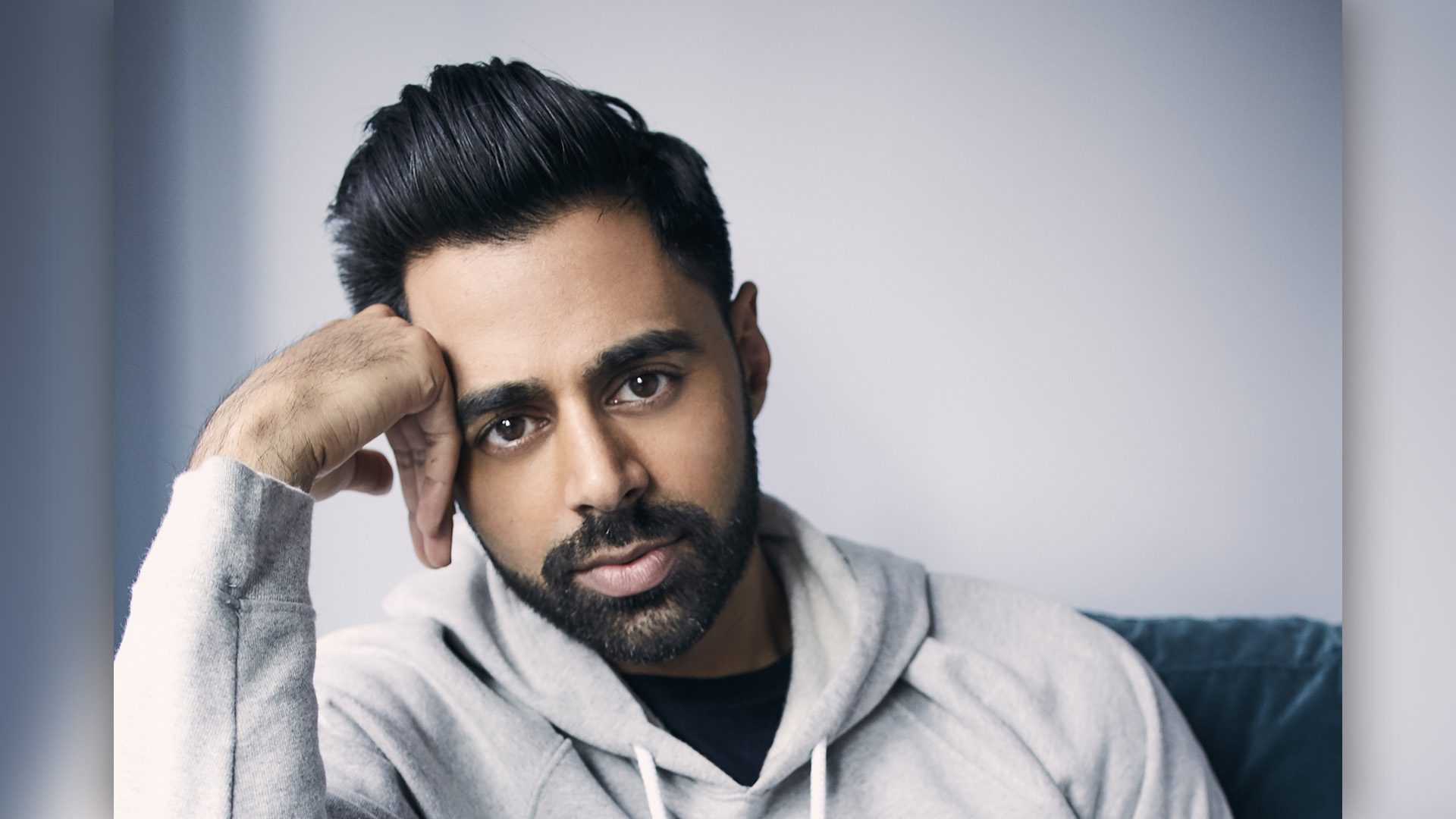
Initial Reaction
A couple of days ago, I watched an episode of Patriot Act with Hasan Minhaj on Netflix. If you haven’t watched the show, I recommend you give it a try. However, his humor can be a bit on the dark side, so watch at your own risk. The episode itself focused on the need for mental health services and the role insurance companies play in accessing mental health services. Now, the good news is that the episode does an excellent job showcasing why mental health services are highly needed. It also goes into great detail about how insurance companies avoid providing mental health services for their customers through the use of something called “medical necessity” (more details later). These two topics alone are crucial when discussing the current state of mental health in the United States, which is pretty bad. I don’t have to look at data to tell you that when it comes to mental health, the stigma surrounding it has impacted the way society views and responds to mental health needs. Why is our view of mental health relevant? Simply put, our views can shape the way society as a whole, prioritizes specific issues. This includes lawmakers and leaders who make decisions and policies that dictate how resources are allocated. Sadly, even in 2019, when it comes to health and overall wellness, mental health is still miles behind physical health. Honestly, all you have to do is go to Google and type in “Kaiser mental health strike.” Immediately you will find an array of articles discussing how mental health is still being undervalued. Kaiser, however, does not hold sole responsibility, nor is it the only institution with a severe need for restructuring when it comes to mental health services. This, my friends, is a national issue that continues to permeate and ignore millions of people struggling silently. In other words, we have a crisis on our hands’ people!
The Not So Bueno
Sadly, Minhaj only talked to one psychiatrist about the lack of access to mental health services. When the reality is that mental health professionals are at the forefront of this crisis. So, he really should have talked to mental health professionals in different settings to get a better understanding of the issue. He also did not talk about the different types of mental health providers available for support. Instead, he focused on psychiatrists and used the word as an umbrella term for “mental health providers.” For me, personally, this held a lot of implications because it once again demonstrated how the media often lacks an understanding of complex topics such as mental health. What’s the big deal? Well, the omission is significant because the majority of people who watch this show are likely not mental health professionals or knowledgeable of the field. This means that most people may assume psychiatrists are the only providers for mental health services. And, yes, psychiatrists are an option, yet they are medical doctors. They focus on the impact of mental illnesses on the brain and can provide medication. They can also provide psychotherapy, yet, they do not represent the majority of mental health providers who practice psychotherapy. In fact, there is actually an alarming shortage of psychiatrists in the United States. On the other hand, the number of masters-level professions such as Licensed Marriage & Family Therapists as well as Social Workers continues to grow. In my opinion, if you are going to talk about a mental health crisis, then you should be talking about and with the people who are taking on the challenge and providing the services.
“Medical Necessity”
As a mental health professional who has worked in community mental health for most of my career, I can honestly say that while helping my community has been truly rewarding, the challenges/conditions often make it seem unsustainable. Not only are we asked to take on large caseloads, which impact the quality of care, but we also have to deal with the bureaucratic bullshit that forces us to only take on “qualifying” cases. This means that many people get turned away if they do not qualify based on our assessment tools. Now look, I get it, if you’re a clinician or enjoy the assessment process, then good for you. But, my personal view is that people don’t always understand their mental health experiences, let alone tell the truth about their experiences, issues, or symptoms. This is especially true in high need communities who have experienced intense levels of trauma and see it as the norm. I’ve met with tons of people who do not qualify for services based on the assessment tools but could use the support. These are the cases where insurance or the limited resources deem therapy as a “luxury” and not a necessity. Earlier in the article, I mentioned the term “medical necessity,” and it may sound straightforward: “Is there an actual measurable need for services?” Which basically translates to, “are you so incredibly disabled by your experience that you need to be here?” This can be a real “screw you” to someone who is going through an experience. And I say this with confidence because I have been on the receiving end of the “you don’t meet medical necessity” speech after spilling my soul all over the place. It does not feel great, and in all honesty, it turns you off to seeking services in the future.

Medical necessity is often cited as a way of filtering and prioritizing people with measurable impairments/symptoms that need help. That’s fine and dandy, but therapy should not be considered a luxury, just like medical health is considered by many a universal human right, so should mental health services.
Ok, so you meet medical necessity!? Great, you can start seeing a therapist… Wrong. On average most places who either take insurance or are community-based have waiting lists longer than the lines at Popeyes for a chicken sandwich. Waiting times can take anywhere between 3 weeks to 3+ months. But, “why?” you may be asking. Well, when you have limited resources, low pay for clinicians, high caseloads, systemic injustice, racism, poverty, and stigma knocking on your front door, it makes it pretty damn hard to provide timely services. It’s simple economics really, the demand for help simply outweighs the supply. Not enough mental health professionals, not enough money, not enough space, not enough support, and the list goes on.
Final Thoughts
Minhaj touched on some high key points when discussing the current state of mental health in our country and obviously he couldn’t discuss how complex the issue is in a 30-minute episode of his show. So, it’s up to us as mental health professionals, advocates, and impacted individuals to continue spreading mental health awareness. There is no better time, mental health is finally being placed at the top of the list, and it’s not simply because Lady Gaga or other celebrities talked about it (ok, maybe a little), but because it’s been ignored for too long. Ten years ago, most people didn’t talk about mental health, and now we have politicians using the word. In many ways, it has become a buzzword, yet, it is being used, and more people are realizing the impact of mental health challenges. It’s not only the “crazy” people now; it can be our neighbor, brother, sister, or even someone rich and famous. As Minhaj said at the end of his episode, we need to get mad, we need to complain, and we need to talk about access to mental health.
Luis is a Licensed Marriage & Family Therapist who graduated from Long Beach State University with a Masters degree in Counseling Psychology (2015). He also has a Bachelors's degree in Child and Adolescent Development with an emphasis on Public Policy from San Francisco State University (2011). Luis has over 9 years of experience working with children and families both in education and mental health. Previously, Luis worked for a non-profit agency in San Francisco, CA providing mental health consultation in early head start programs and SFUSD pre-schools. Currently, Luis works at Kaiser in San Francisco providing mental health services.
His therapeutic interests include working with Trauma, the LGBTQ community, Children, Families, Couples, and POC. His personal interests include; Films, Reading, Writing, Art, Travelling, Disney, and Food. He is also a recipient of the California State Stipend award (2015). PsychoSocial is part of Luis' dedication to mental health and an example of his passion to educate others. Luis hopes that through PsychoSocial he will be able to help in the fight to end the stigma around mental illness.
#EndtheStigma
-
Luis Cornejo, LMFThttps://psychosocial.media/author/psychosocial/September 18, 2017
-
Luis Cornejo, LMFThttps://psychosocial.media/author/psychosocial/January 28, 2018





















2 thoughts on “Patriot Act with Hasan Minaj on Netflix: Mental Health Episode Review”
Tha k ypu so much for the insight. This article vreaks it down and I am happy to learn more and more everyday.
Thank you for your comment! It’s super important for people to be informed and understand the challenges with mental health access. This is the only way we can begin demanding change and better access!